Eclipse Series 8: Lubitsch Musicals

Renowned as a silent-film pioneer and the man who refined Hollywood comedy with such masterpieces as Trouble in Paradise, The Shop Around the Corner, and To Be or Not to Be, Ernst Lubitsch also had another claim to fame: he helped invent the modern movie musical. With the advent of sound, and with audiences clamoring for “talkies,” Lubitsch combined his love of European operettas and his mastery of cinema to develop this entirely new genre. These elegant, bawdy films, made before strict enforcement of the moralizing Production Code, feature some of the greatest stars of early Hollywood (Maurice Chevalier, Jeanette MacDonald, Claudette Colbert, Miriam Hopkins), as well as that elusive style of comedy that would thereafter be known as “the Lubitsch touch.”
Films In This Set
-
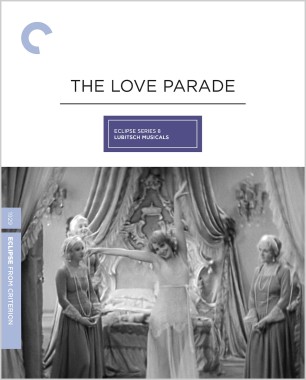
The Love Parade
1929
Ernst Lubitsch’s first full talkie was also Hollywood’s first movie musical to integrate songs with narrative. Additionally, The Love Parade made stars out of toast-of-Paris Maurice Chevalier and girl-from-Philly Jeanette MacDonald, cast as a womanizing military attaché and the man-hungry queen of “Sylvania,” respectively. With its naughty innuendo and satiric romance, The Love Parade opened the door for a decade of witty screen battles of the sexes.
The Love Parade was restored in 4K resolution by Universal Pictures in collaboration with The Film Foundation.
-
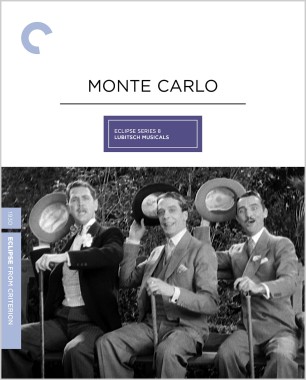
Monte Carlo
1930
Jeanette MacDonald’s independent-minded countess leaves her foppish prince fiancé at the altar, and whisks herself away to the Riviera. There, she strikes the fancy of the sly Count Rudolph (theater veteran Jack Buchanan), who poses as a hairdresser to get into her boudoir. Ernst Lubitsch’s follow-up to The Love Parade shows even more musical invention, and presents MacDonald at her haughtily sexy best.
-
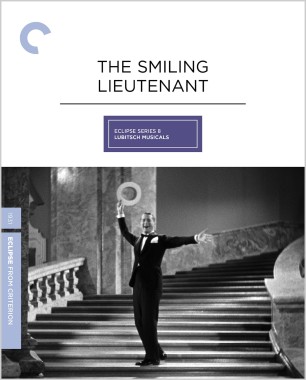
The Smiling Lieutenant
1931
Maurice Chevalier’s randy Viennese lieutenant is enamored of Claudette Colbert’s freethinking, all-girl-orchestra-leading cutie. Yet complications ensue when the sexually repressed princess (newcomer Miriam Hopkins) of the fictional kingdom of Flausenthurm sets her sights on him. Ernst Lubitsch’s The Smiling Lieutenant is a delightful showcase for its rising female stars, who are never more charming than when Colbert tunefully instructs Hopkins, “Jazz Up Your Lingerie.”
The Smiling Lieutenant was restored in 2K resolution by the Criterion Collection.
-
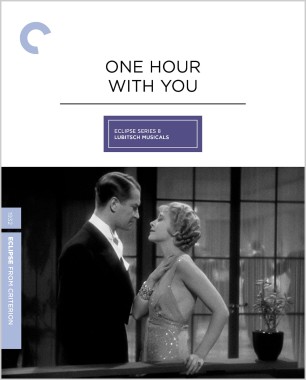
One Hour with You
1932
Ernst Lubitsch reunites Maurice Chevalier and Jeanette MacDonald, this time as a seemingly blissful couple whose marriage hits the skids when her flirtatious school chum comes on to her husband a bit too strong. Necking in the park at nighttime, husbands and wives having casual dalliances, and a butler telling his master, “I did so want to see you in tights!”: Lubitsch’s final pre-Code musical is one of his sauciest escapades.
One Hour with You was restored in 4K resolution by Universal Pictures.
SPECIAL FEATURES
- An essay by author and film critic Michael Koresky
Films In This Set
-

The Love Parade
1929
Ernst Lubitsch’s first full talkie was also Hollywood’s first movie musical to integrate songs with narrative. Additionally, The Love Parade made stars out of toast-of-Paris Maurice Chevalier and girl-from-Philly Jeanette MacDonald, cast as a womanizing military attaché and the man-hungry queen of “Sylvania,” respectively. With its naughty innuendo and satiric romance, The Love Parade opened the door for a decade of witty screen battles of the sexes.
The Love Parade was restored in 4K resolution by Universal Pictures in collaboration with The Film Foundation.
-

Monte Carlo
1930
Jeanette MacDonald’s independent-minded countess leaves her foppish prince fiancé at the altar, and whisks herself away to the Riviera. There, she strikes the fancy of the sly Count Rudolph (theater veteran Jack Buchanan), who poses as a hairdresser to get into her boudoir. Ernst Lubitsch’s follow-up to The Love Parade shows even more musical invention, and presents MacDonald at her haughtily sexy best.
-

The Smiling Lieutenant
1931
Maurice Chevalier’s randy Viennese lieutenant is enamored of Claudette Colbert’s freethinking, all-girl-orchestra-leading cutie. Yet complications ensue when the sexually repressed princess (newcomer Miriam Hopkins) of the fictional kingdom of Flausenthurm sets her sights on him. Ernst Lubitsch’s The Smiling Lieutenant is a delightful showcase for its rising female stars, who are never more charming than when Colbert tunefully instructs Hopkins, “Jazz Up Your Lingerie.”
The Smiling Lieutenant was restored in 2K resolution by the Criterion Collection.
-

One Hour with You
1932
Ernst Lubitsch reunites Maurice Chevalier and Jeanette MacDonald, this time as a seemingly blissful couple whose marriage hits the skids when her flirtatious school chum comes on to her husband a bit too strong. Necking in the park at nighttime, husbands and wives having casual dalliances, and a butler telling his master, “I did so want to see you in tights!”: Lubitsch’s final pre-Code musical is one of his sauciest escapades.
One Hour with You was restored in 4K resolution by Universal Pictures.

SPECIAL FEATURES
- An essay by author and film critic Michael Koresky
Trailer for Eclipse Series 8: Lubitsch Musicals
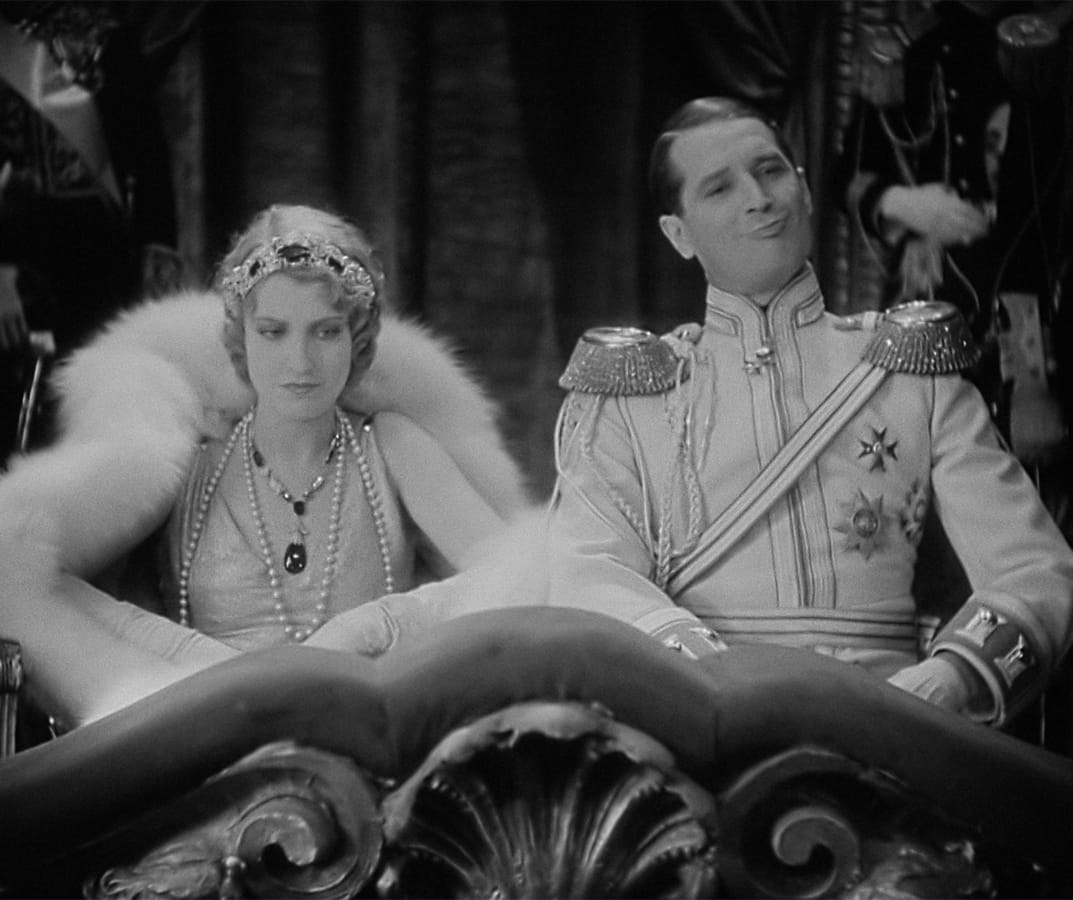
The Love Parade
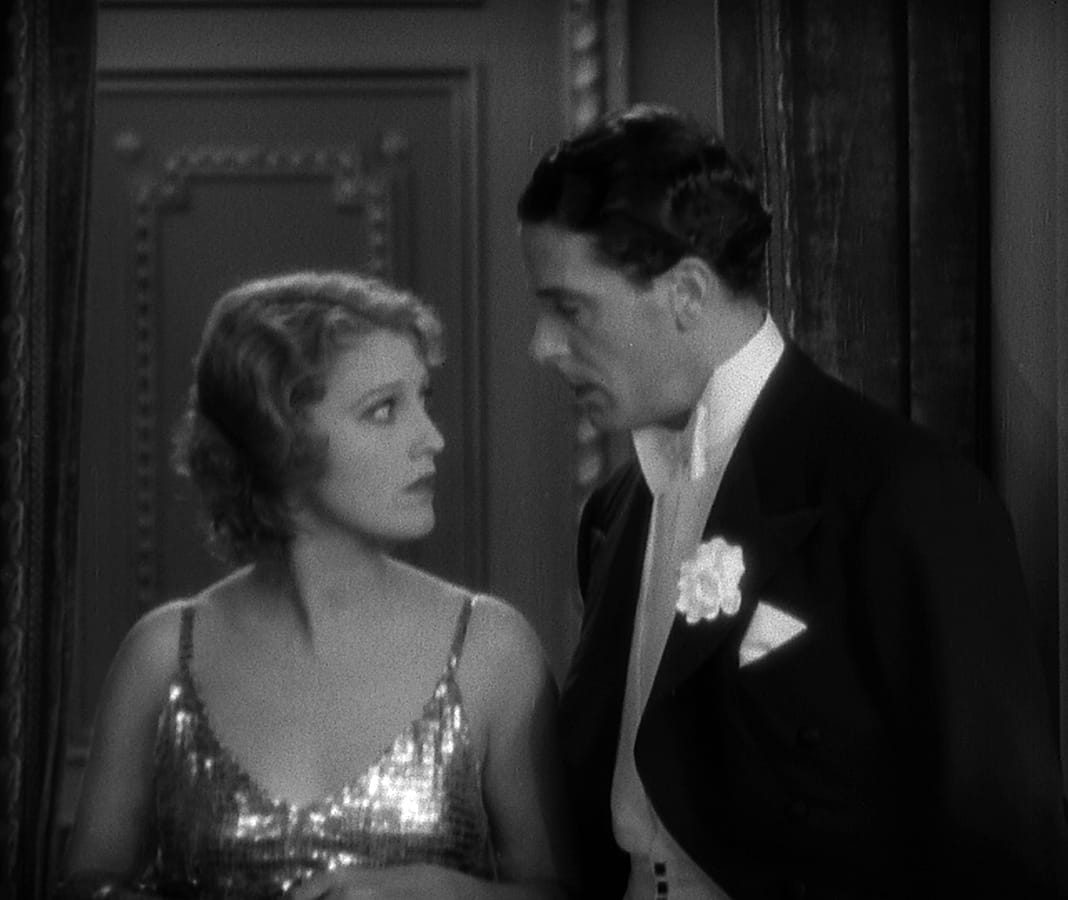
Monte Carlo
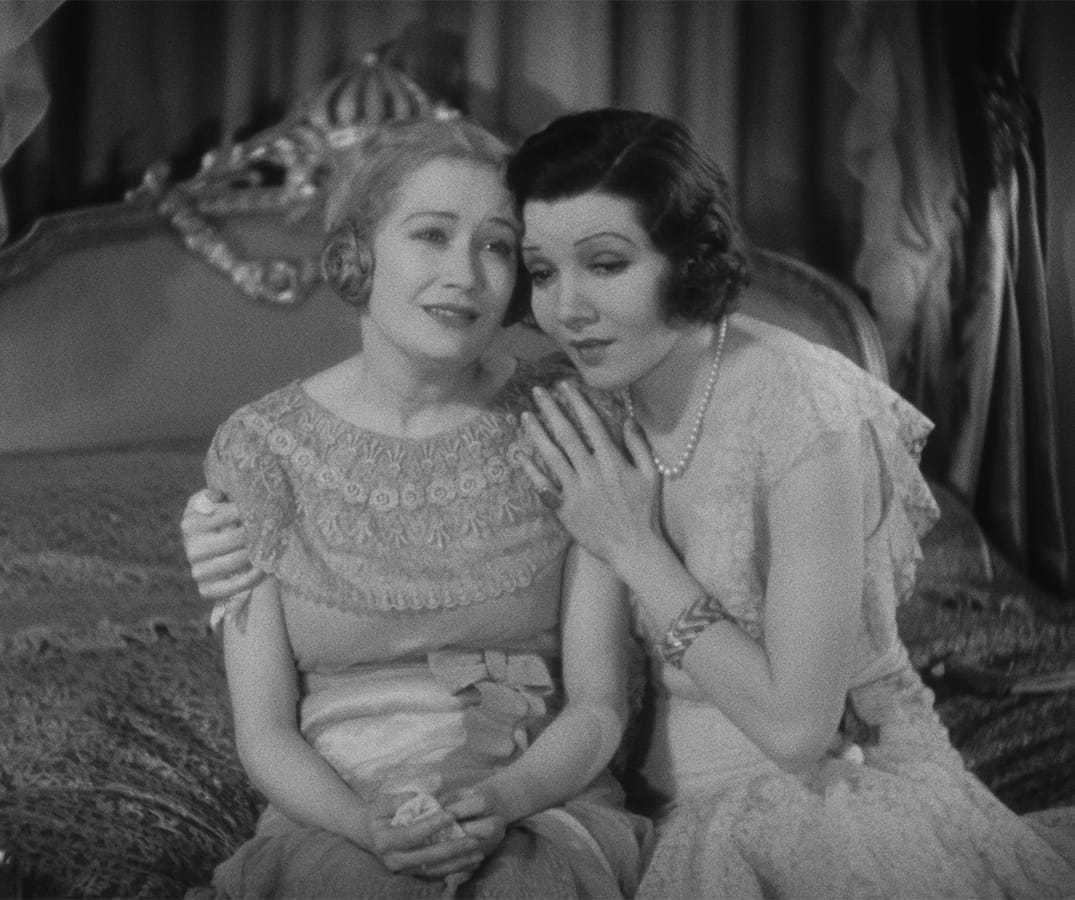
The Smiling Lieutenant
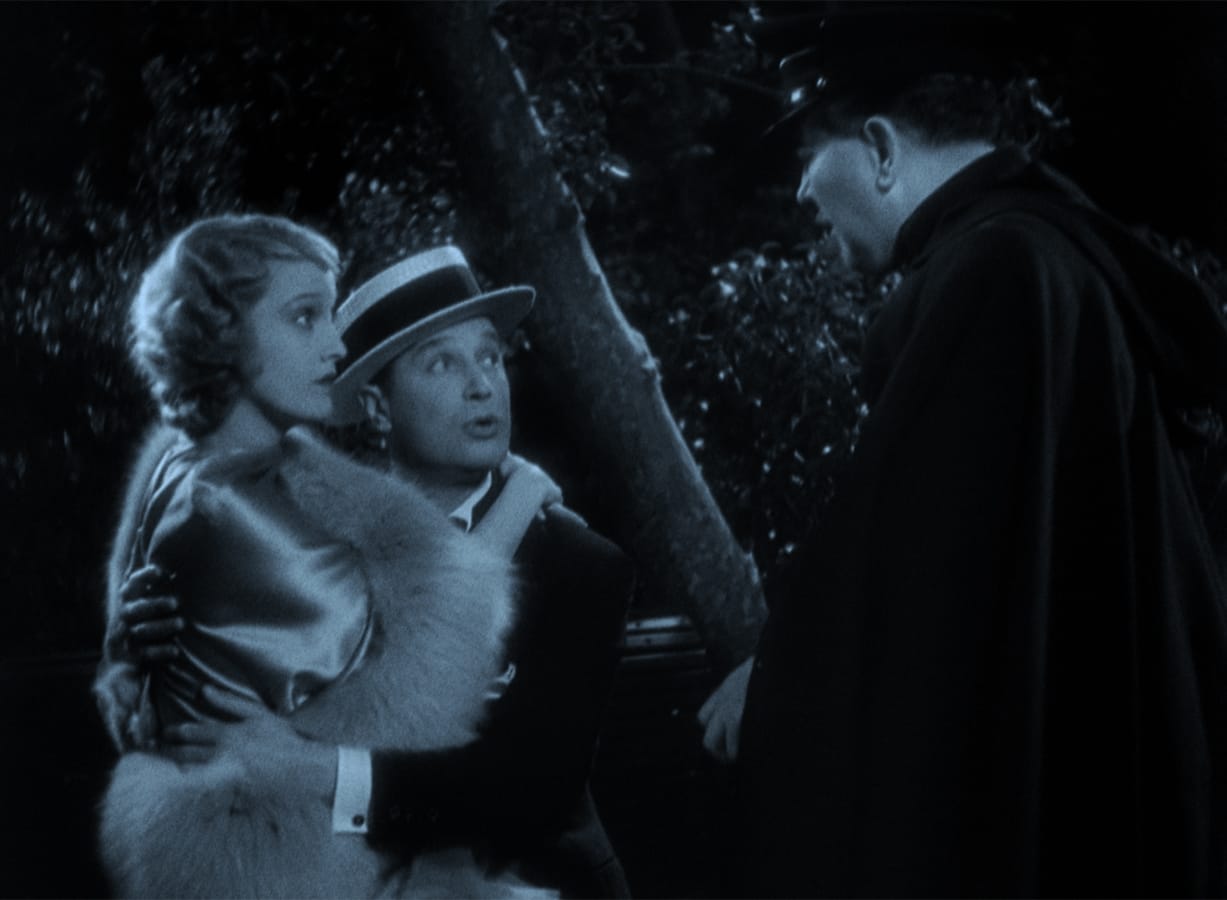
One Hour with You